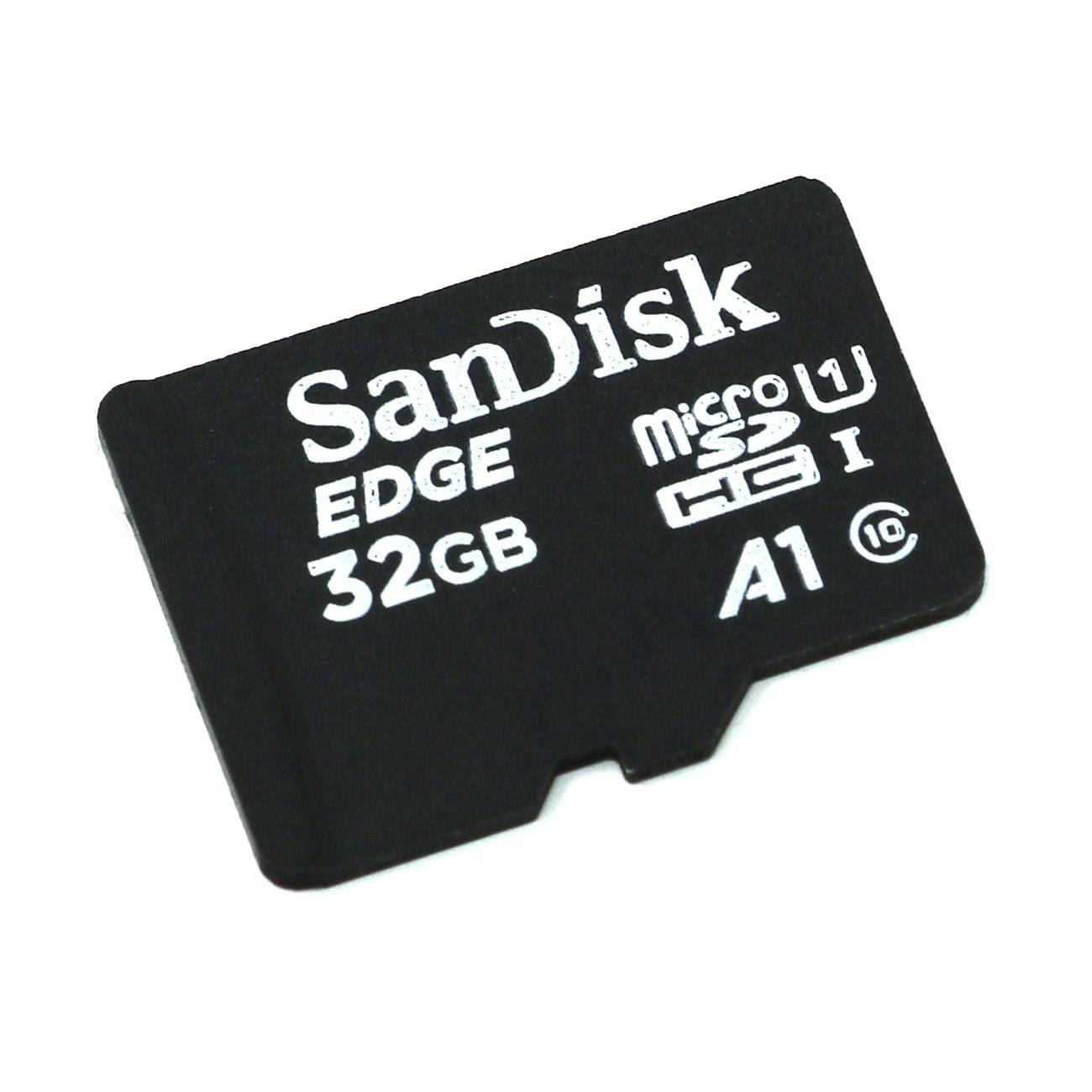![2.8" TFT LCD with Cap Touch Breakout Board w/MicroSD Socket [discontinued] by Adafruit - The Pi Hut](http://thepihut.com/cdn/shop/products/2-8-tft-lcd-with-cap-touch-breakout-board-w-microsd-socket-adafruit--ada2090-13719560847422.jpg?v=1646790678&width=970)
![2.8" TFT LCD with Cap Touch Breakout Board w/MicroSD Socket [discontinued] by Adafruit - The Pi Hut](http://thepihut.com/cdn/shop/products/2-8-tft-lcd-with-cap-touch-breakout-board-w-microsd-socket-adafruit--ada2090-13719560880190.jpg?v=1646790855&width=970)
![2.8" TFT LCD with Cap Touch Breakout Board w/MicroSD Socket [discontinued] by Adafruit - The Pi Hut](http://thepihut.com/cdn/shop/products/2-8-tft-lcd-with-cap-touch-breakout-board-w-microsd-socket-adafruit--ada2090-13719560912958.jpg?v=1646790857&width=970)
![2.8" TFT LCD with Cap Touch Breakout Board w/MicroSD Socket [discontinued] by Adafruit - The Pi Hut](http://thepihut.com/cdn/shop/products/2-8-tft-lcd-with-cap-touch-breakout-board-w-microsd-socket-adafruit--ada2090-13719560945726.jpg?v=1646829377&width=970)
Login / Signup
Cart
Your cart is empty
![2.8" TFT LCD with Cap Touch Breakout Board w/MicroSD Socket [discontinued] by Adafruit - The Pi Hut](http://thepihut.com/cdn/shop/products/2-8-tft-lcd-with-cap-touch-breakout-board-w-microsd-socket-adafruit--ada2090-13719560847422_970x.jpg?v=1646790678)
![2.8" TFT LCD with Cap Touch Breakout Board w/MicroSD Socket [discontinued] by Adafruit - The Pi Hut](http://thepihut.com/cdn/shop/products/2-8-tft-lcd-with-cap-touch-breakout-board-w-microsd-socket-adafruit--ada2090-13719560880190_970x.jpg?v=1646790855)
![2.8" TFT LCD with Cap Touch Breakout Board w/MicroSD Socket [discontinued] by Adafruit - The Pi Hut](http://thepihut.com/cdn/shop/products/2-8-tft-lcd-with-cap-touch-breakout-board-w-microsd-socket-adafruit--ada2090-13719560912958_970x.jpg?v=1646790857)
![2.8" TFT LCD with Cap Touch Breakout Board w/MicroSD Socket [discontinued] by Adafruit - The Pi Hut](http://thepihut.com/cdn/shop/products/2-8-tft-lcd-with-cap-touch-breakout-board-w-microsd-socket-adafruit--ada2090-13719560945726_970x.jpg?v=1646829377)
Add some jazz & pizazz to your project with a color capactive touchscreen LCD. This TFT display is big (2.8" diagonal) bright (4 white-LED backlight) and colorful! 240x320 pixels with individual RGB pixel control, this has way more resolution than a black and white 128x64 display. As a bonus, this display has a capacitive single-touch touchscreen attached to it already, so you can detect finger presses anywhere on the screen. (We also have a resistive touchscreen version of this display breakout)
This display has a controller built into it with RAM buffering, so that almost no work is done by the microcontroller. The display can be used in two modes: 8-bit and SPI. For 8-bit mode, you'll need 8 digital data lines and 4 or 5 digital control lines to read and write to the display (12 lines total). SPI mode requires only 5 pins total (SPI data in, data out, clock, select, and d/c) but is slower than 8-bit mode. In addition, 2 I2C pins are required for the touch screen controller.
We wrapped up this display into an easy-to-use breakout board, with SPI connections on one end and 8-bit on the other. Both are 3-5V compliant with high-speed level shifters so you can use with any microcontroller. If you're going with SPI mode, you can also take advantage of the onboard MicroSD card socket to display images. (The microSD card not included, but any will work)
Of course, we wouldn't just leave you with a datasheet and a "good luck!". For 8-bit interface fans we've written a full open source graphics library that can draw pixels, lines, rectangles, circles, text, and more. For SPI users, we have a library as well, its separate from the 8-bit library since both versions are heavily optimized. We also have an interfacing library for the capacitive touch screen
Follow our step by step guide for wiring, code and drawing. You'll be running in 15 minutes
If you are using an Arduino-shaped microcontroller, check out our TFT shield version of this same display
Specifications:
Datasheets, Fritzing objects, EagleCAD files available in the tutorial


![2.8" TFT LCD with Cap Touch Breakout Board w/MicroSD Socket [discontinued] by Adafruit - The Pi Hut](http://thepihut.com/cdn/shop/products/2-8-tft-lcd-with-cap-touch-breakout-board-w-microsd-socket-adafruit--ada2090-13719560847422.jpg?v=1646790678&width=970)
![2.8" TFT LCD with Cap Touch Breakout Board w/MicroSD Socket [discontinued] by Adafruit - The Pi Hut](http://thepihut.com/cdn/shop/products/2-8-tft-lcd-with-cap-touch-breakout-board-w-microsd-socket-adafruit--ada2090-13719560880190.jpg?v=1646790855&width=970)
![2.8" TFT LCD with Cap Touch Breakout Board w/MicroSD Socket [discontinued] by Adafruit - The Pi Hut](http://thepihut.com/cdn/shop/products/2-8-tft-lcd-with-cap-touch-breakout-board-w-microsd-socket-adafruit--ada2090-13719560912958.jpg?v=1646790857&width=970)
![2.8" TFT LCD with Cap Touch Breakout Board w/MicroSD Socket [discontinued] by Adafruit - The Pi Hut](http://thepihut.com/cdn/shop/products/2-8-tft-lcd-with-cap-touch-breakout-board-w-microsd-socket-adafruit--ada2090-13719560945726.jpg?v=1646829377&width=970)



